Lasting Results
The American Psychological Association created the policies for EBTs using the best research available. Studies have shown that these therapy treatments lead to longer-lasting results.
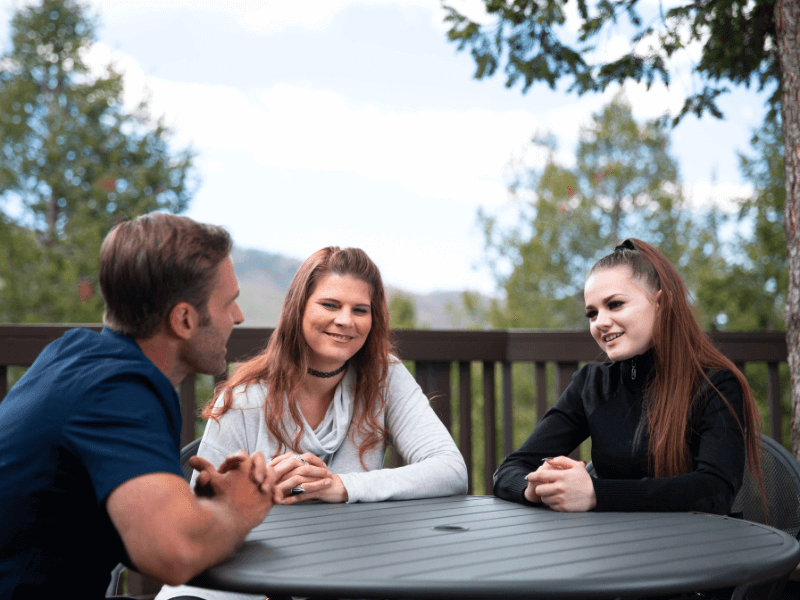
We developed our evidence-based curriculum with the latest available research to address the deepest physical, mental, and emotional issues that teens regularly face. Each teenager is unique and requires their own customized treatment plan.
It is our goal to find the therapy that resonates with your child, so we can reach the root of their substance use, addiction, or mental health issue. We include the following therapies, assessments, and plans in our programs:
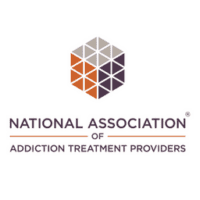

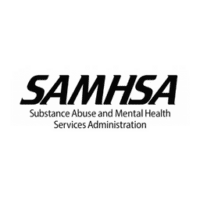
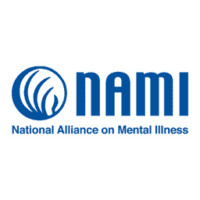
Many providers of treatment use exhausting, complex language, so let’s keep it simple and refer to the American Psychology Association (“APA”) for their definition of Evidence-based Practice in Psychology (EBPP).
According to the APA, Evidence-based Practice in Psychology is “the integration of the best available research with clinical expertise in the context of patient characteristics, culture, and preferences.”
Unlike other treatment definitions, such as empirically supported treatments (ESTs), which are curriculum-centered rather than specifically designed for each unique individual, evidence-based therapy programs where your teen’s individual needs decide the appropriate curriculum.
Explore different options of EBT that Sandstone Care provides.

Sandstone Care does not subscribe to the “one size fits all” approach when it comes to teen treatment. Each teen is unique. A therapy style that helps one teen may not resonate with another.
The first step for the clinical team is to perform a comprehensive assessment at the start of the program in order to understand the unique needs of each client. The clinical team will then create a customized program that incorporates the best research available today.
Programs that are tailored to a teen’s individual characteristics should be comprehensive, not only including the best available research but also ensuring that the administrators – psychiatrists, psychologists, and therapists – have the highest level of clinical expertise.
Effective completion of the program will require both the clinical team and your teen to fully commit to driving change within their daily life.
You can assess this when you meet the team and when you see the facility – is this a location where you would want to spend your time?
If you can’t imagine yourself there, how can you expect your teen to commit to change and put in the time required to change? How does the clinical team engage your teenager as a prospective participant and how does the team address barriers to the commitment to change?
Press the team to provide examples of how they have addressed the challenges and barriers of clients in the past and how they have adapted to the needs of the individual. What have they done to “click” with each and every individual?
Sandstone Care provides age specific care for those who struggle with substance use, mental health, and co-occurring disorders. We have treatment centers throughout the United States.
The APA says when applying a modality, an integrated team provides the best evidence-based practice. So when you’re evaluating a clinical team, focus on the culture – is it a full-time staff that is dedicated to research-based curriculum and driving outcomes through the connection of the curriculum with the client?
Do the team members have a master’s level degree, and what’s their level of clinical experience with the characteristics of the client (age, demographics, ethnicity, and religious beliefs)? Does the clinical team recognize the need for internal reflection of their own curriculum and experience?
No single clinician or set curriculum is a one size fits all solution, and a clinical team that collectively reflects on its curricula will gel together better and can utilize each other’s experience to adapt to the client’s individual needs.
While experience and self-reflection are critical to a clinical team, the most important aspect is whether or not you and your teen really connect with the clinical team because the program is only going to be successful if your teen will actually attend and effectively complete the program.
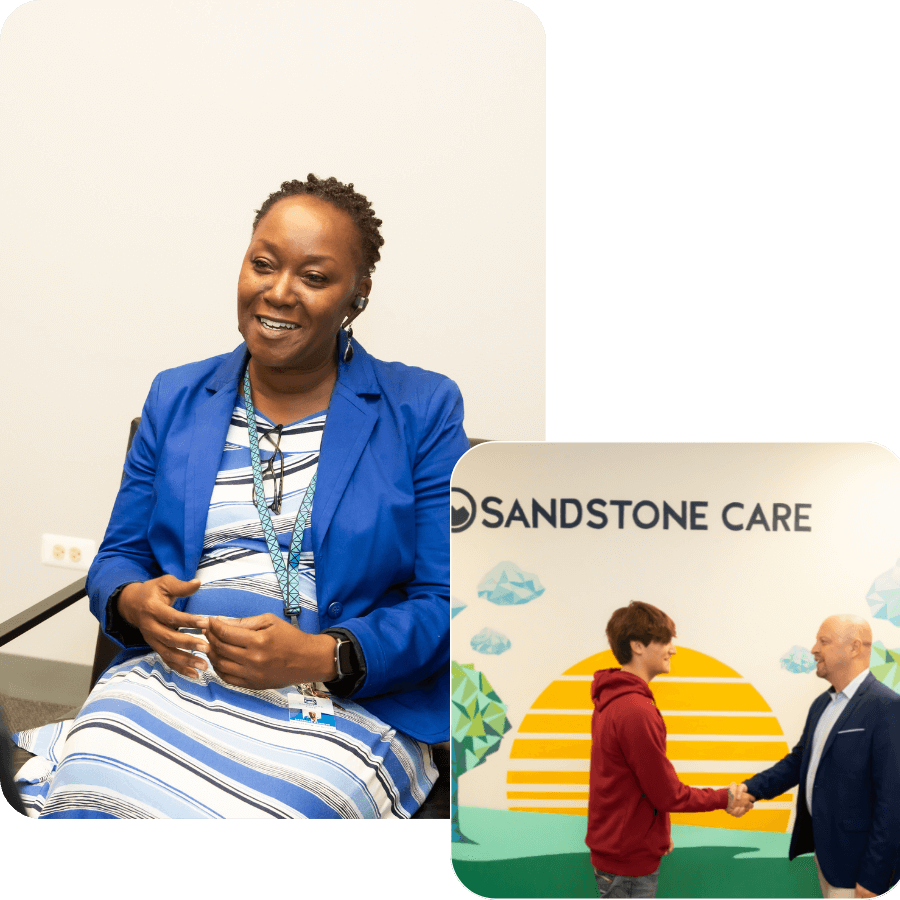

The teenage years are the core developmental years of your life; it is when you develop habits, form opinions, find your passions, and seek out role models. So, if your teenager is struggling with mental health or substance use, you are probably trying to learn all you can about treatment options and decide which treatment facility is going to provide lasting results.
It is easy to feel confused and overwhelmed, that’s why at Sandstone Care we want to help you feel secure in your decision for your teen. It is our team’s passion and dedication to using evidence-based treatments that create a sense of community where clients are excited to get to participate in our program and move on to a sustainable, new way of life.
Our comprehensive and individualized methods can achieve the highest rate of success because we address issues while clients are still in their developmental years. And if for any reason we aren’t the right treatment provider for your teen, we will help you find a better fit.
The Continuum of Care
Access a full range of treatments for mental health and substance use disorders. Whether you need a safe transitional living community, inpatient care, or outpatient therapy, we have a program to help.